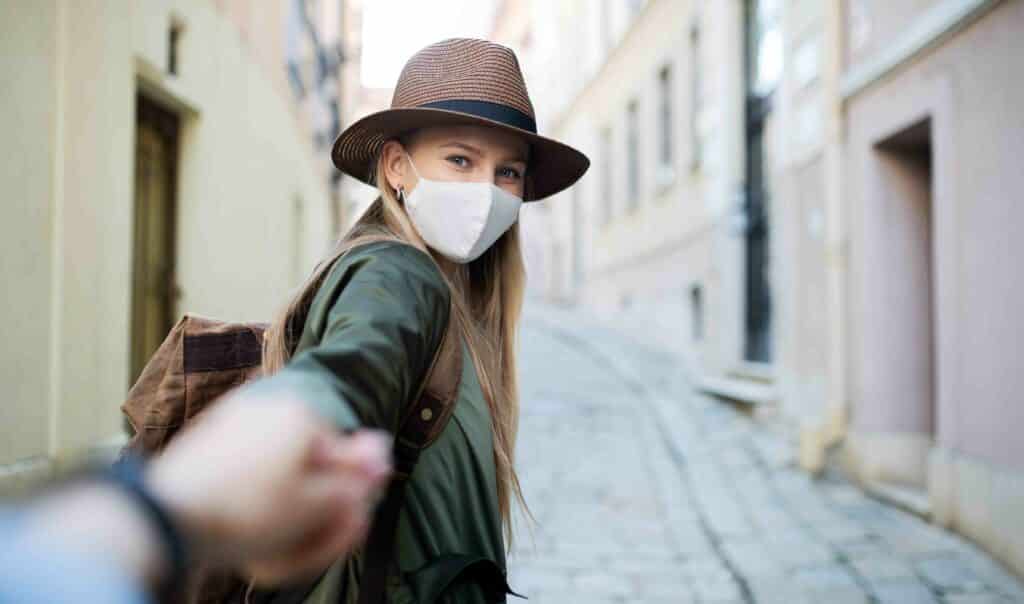
For all those impacted by COVID-19: With over 30 years in the franchised commercial cleaning industry, it is an honor for our franchisees to keep the businesses you frequent as clean as possible with the aim of ensuring the standards and practices they use are of the highest level. With that said, we live in a world where viral contagions can affect, and disrupt, our daily lives. The subject of cleaning has never been so center-focused on the minds of a nation than what we are seeing with the COVID-19 (coronavirus) disease.
As the world reacts and fights the spread of this virus there are many things we can do to help keep ourselves and families safe. Keeping our hands clean, don’t touch your face, be mindful of touching common areas like gas pump handles or supermarket grocery carts. Be mindful of how germs and bacteria transfer.
Many are doing their part by canceling professional sporting events, canceling events of large gatherings, closing theme parks, practicing social distancing and making decisions to self-quarantine. While canceling these practices is a good idea, the one thing you do not want to cancel is your CLEANING REGIMEN! This is actually the best time to review it and strengthen it going forward.
To learn more about the concerns we face, we’ve reached out to our Franchise Owners to understand what they are hearing from their clients so that they can have a conversation about the cleaning process and the areas of most concern to them. After all, our franchisees specialize in cleaning, but their clients know what concerns their employees and clients most. We wanted to share with you a few things we’ve learned through this process.
First, there are cleaning and disinfection recommendations by the CDC that are important to review. These chemicals can help when cleaning surfaces areas and commonly touched places including tables, doorknobs, light switches, countertops, handles, desks, phones, keyboards, toilets, faucets, sinks, and many more places.
Second, many clients are requesting more frequent disinfecting of items such as doorknobs, light switches and common area countertops. We have seen a huge increase in requests for deep clean and disinfectant processes and are glad everyone is taking their office hygiene very seriously, particularly during this time.
Lastly, we are being asked to explain the difference between “cleaning,” “sanitizing,” and “disinfecting” and what is the proper process to kill bacteria, germs and potential virus strains. Let’s take a moment to explain the difference:
Cleaning removes dirt, impurities, and many germs from surfaces or objects. Cleaning works by using soap (or detergent) and water to physically remove germs from surfaces. This process does not necessarily kill germs, but by reducing or removing them, it lowers their numbers and the risk of spreading infection.
Sanitizing lowers the number of germs on surfaces or objects to a safe level, as judged by public health standards or requirements. This process works by either cleaning or disinfecting surfaces or objects to lower the risk of spreading infection.
Disinfecting kills germs on surfaces or objects. Disinfecting works by using chemicals to kill germs on surfaces or objects. This process does not necessarily clean dirt off of surfaces, but by killing germs on a surface after cleaning, it can further lower the risk of spreading infection.
We also want to point out some safety standards to practice in the event you take it upon yourself to clean, disinfect or sanitize:
Finally, we want everybody to be safe. Take the necessary steps to protect yourself and the ones you love. Be mindful of your surroundings, wash your hands frequently and use hand sanitizer with at least 60% alcohol and avoid touching your eyes, nose and mouth – especially with unwashed hands. Take time to read full updates on the virus by visiting the CDC website.
If you are an Anago client with questions about cleaning processes and the steps being taken to help protect your business, please do not hesitate to reach out to your local Anago office.
Stay Safe, Be Kind and Know We Will Get Through This Together!